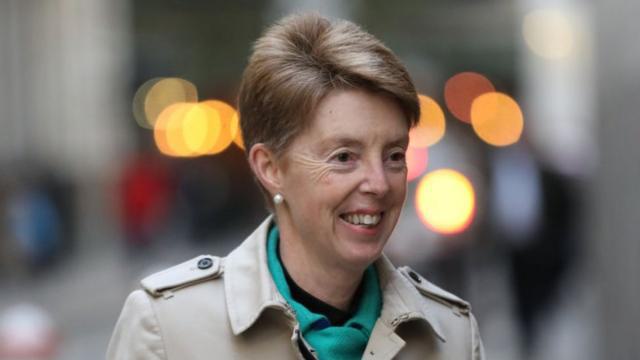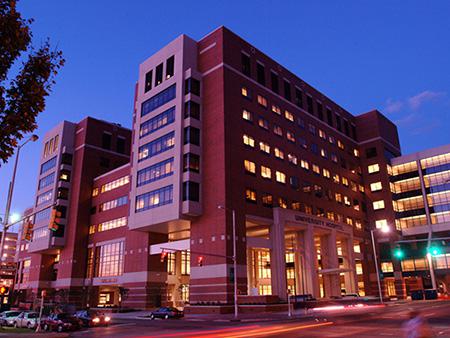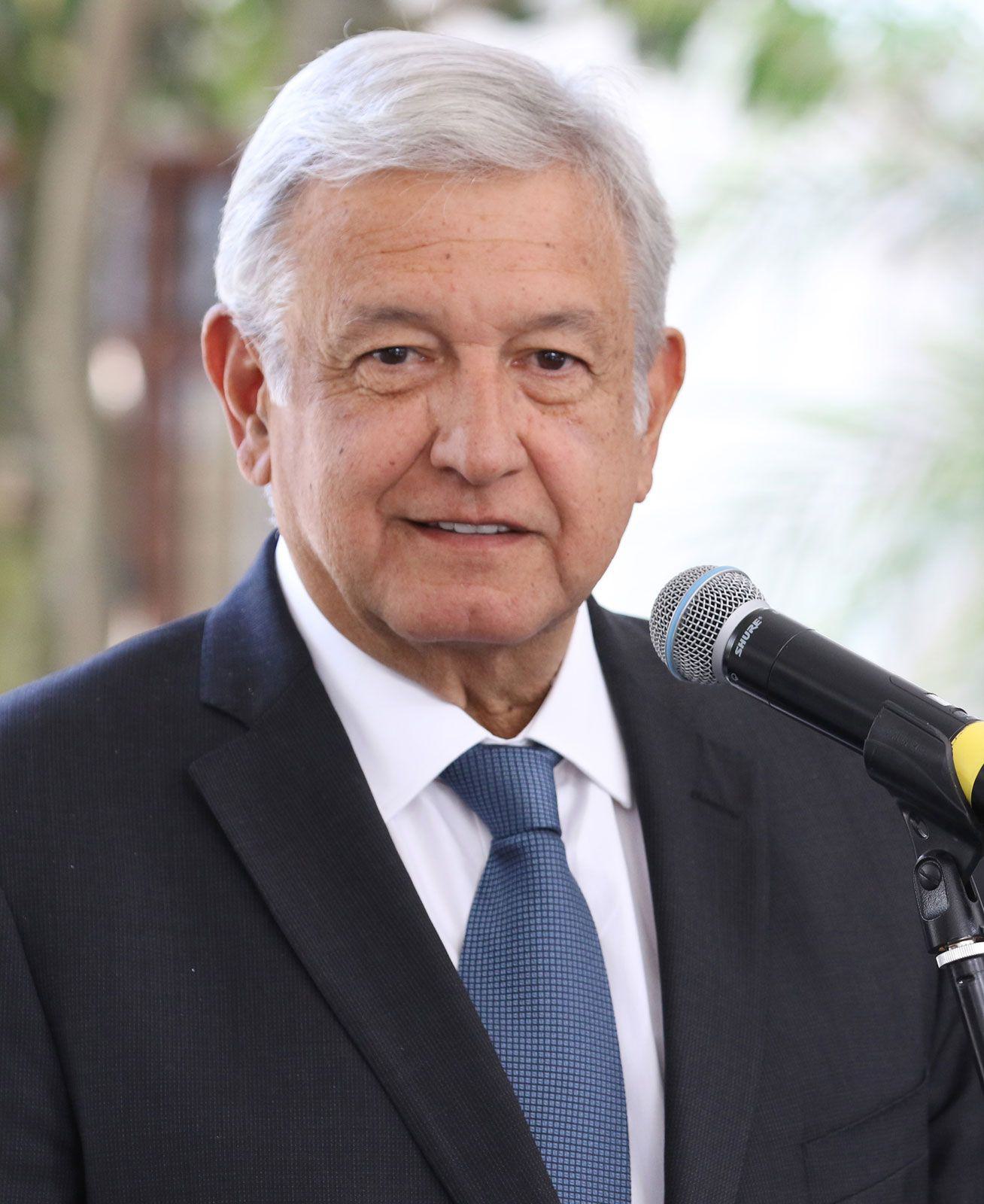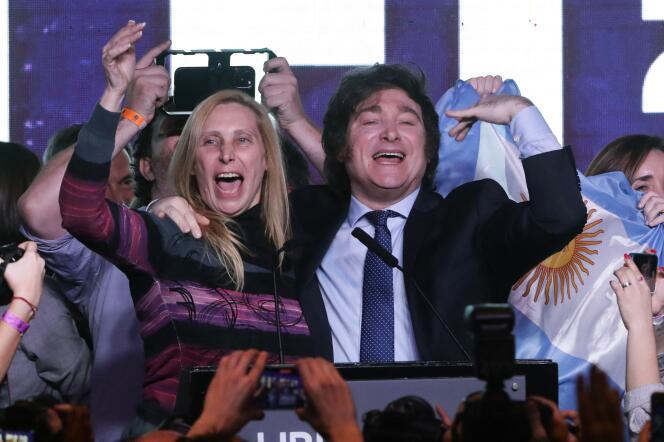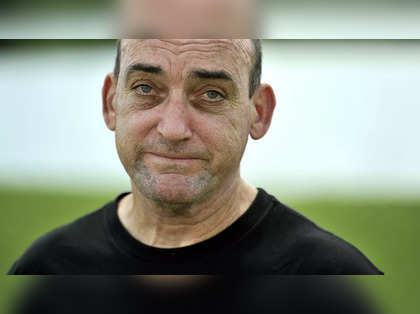Risk of Russia using nukes has lessened, says Scholz - Dispatch Weekly
December 9, 2022 - Reading time: 4 minutes
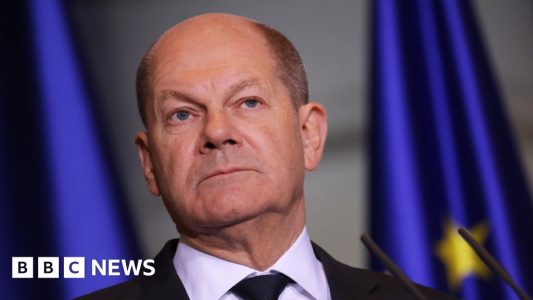
According to German Chancellor Olaf Scholz, the possibility of nuclear weapons being used in Ukraine has decreased “for the time being”. In response to the international community drawing a line in the sand he said: “Russia has stopped threatening to deploy nuclear weapons.”
Vladimir Putin of Russia said on Wednesday that Moscow would only retaliate by using nuclear weapons. The US, however, referred to the remarks as “loose language.” Since it invaded Ukraine in February, Russia’s ability to deploy nuclear weapons has come under heightened scrutiny. Mr. Putin declared that his nation had “different weapons of destruction” and would “employ all the measures accessible to us” in a speech to the nation in September. He added, “I’m not bluffing.”In an interview on Thursday, Mr. Scholz said that the prospect of nuclear escalation had been “put to a stop” as a result of his recent trip to China.
He said that he and the president of China, Xi Jinping, had agreed that “nuclear weapons must not be deployed,” and that the G20 nations had shortly after reiterated this stance.
We know what nuclear weapons are, he added, saying: “We have not gone insane, and we are not about to rush around the world brandishing this weapon like a razor.”
Mr. Scholz also addressed remarks made by French President Emmanuel Macron in the interview, who said that it would be necessary to give Russia “guarantees for its own security, the day it comes to the table.”
He continued: “Of course we are ready to negotiate with Russia on armaments control in Europe. We offered this before the war, and this position has not changed. The priority now is for Russia to terminate the war promptly and evacuate its forces.
Despite Mr. Scholz’s conclusion that Western pressure has helped to reduce the risk, the US criticised Mr. Putin’s remarks, calling them “loose rhetoric” and “nuclear sabre-rattling.”
A spokesman for the US State Department said: “It is risky and it goes against the spirit of that statement that has been at the foundation of the nuclear non-proliferation regime since the Cold War.”
On Thursday, Mr. Scholz, who has been Chancellor for a year, discussed domestic issues that have been in the spotlight since the start of the war in Ukraine.
He declared a significant change in defence strategy shortly after Russia invaded the nation, pledging to spend €100 billion (£86.4 billion) on the German army and increasing defence spending to exceed 2% of Germany’s GDP.
Currently, Mr. Scholz has stated that he expects to construct a missile defence shield over the next five years and hinted that the German government is currently in discussions with producers of several defence systems “to get ready for actual decisions.”

DW Staff
David Lintott is the Editor-in-Chief, leading our team of talented freelance journalists. He specializes in covering culture, sport, and society. Originally from the decaying seaside town of Eastbourne, he attributes his insightful world-weariness to his roots in this unique setting.
